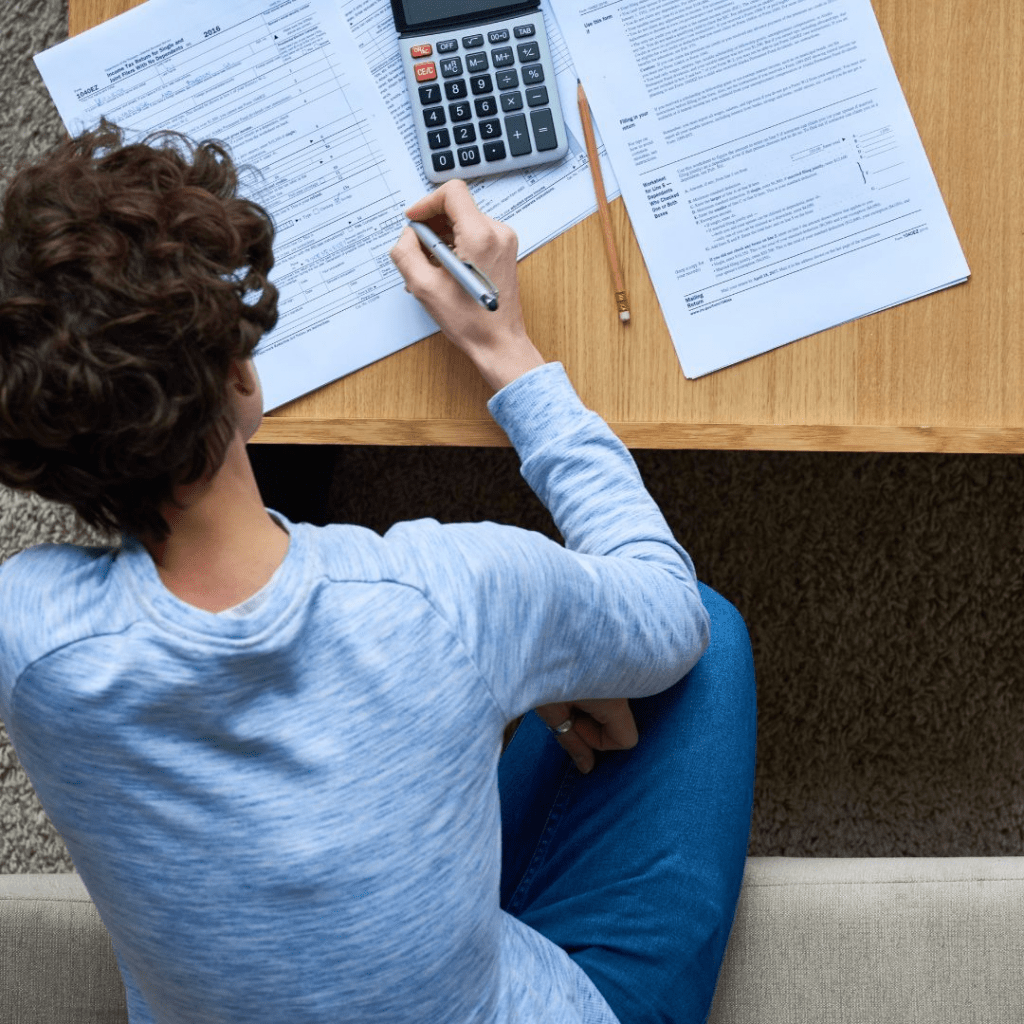What happens if you complete your tax return and find that you can’t pay the amount you owe? The IRS will attempt to collect, using measures such as interest charges on unpaid amounts or fines and jail time ( in extreme cases).
This isn’t supposed to happen. You’re supposed to pay income taxes gradually throughout the year so that you won’t owe much in April or will even be entitled to a refund of overpaid taxes. Employees have income tax withheld from their paychecks. Self-employed taxpayers pay quarterly estimated taxes directly to the Internal Revenue Service (IRS).
But sometimes your life situation changes, or an unusual one-time event occurs during the year. When you prepare your annual return and haven’t paid throughout the year, you may get an ugly surprise—you could owe hundreds or thousands of dollars that you didn’t expect and might not have the money to pay.
What Happens If You Don’t File or Don’t Pay
If you find yourself in trouble, you do not want to skip filing your tax return or fail to pay your taxes altogether. The government has the authority to forcibly seize your assets if you don’t try to make good on your income tax liability. In the most extreme situations, you may be subject to jail time.
Filing Your Taxes Late
If you are not going to be able to file your tax return by the deadline, you should file an extension of time by submitting Form 4868 to the IRS by the due date (typically April 15th).
It is important to note that filing this form does not give you an extension on the time to pay your tax liability. You’re still expected to send any money you owe by the deadline.
If you file your tax return late—or fail to file at all—you will be subject to failure-to-file penalties. These charges accrue on returns that have not been filed by the due date (or extended due date if you’ve filed a Form 4868).
The charges accrue at a rate of 5% of the unpaid taxes for each month or part of a month that a tax return is late. The charges max out after five months, at which point the failure-to-file penalty is 25% of the unpaid tax liability.
If your return is filed more than 60 days after the due date (or extended due date), the minimum failure-to-file penalty is $450 or 100% of your total tax liability, whichever is smaller.
As you can see, filing late does not pay off, with or without an extension. Even if you do not have the funds to pay your outstanding tax liability by the due date, you should still file your tax return, so you don’t incur extra failure-to-file penalties on top of failure-to-pay penalties and interest.
The Bottom Line
Whatever you do, don’t ignore the problem. The government can forcibly seize your assets if you don’t try to make good on your income tax liability. The IRS can freeze your bank accounts, garnish your wages, seize physical assets, and place a lien on any assets you own, including your home.
If you find you can’t pay what you owe, go ahead and file your return and pay what you can. Then work with the IRS, perhaps with the assistance of a tax professional, to formulate a plan for paying the balance of your tax bill over time.








